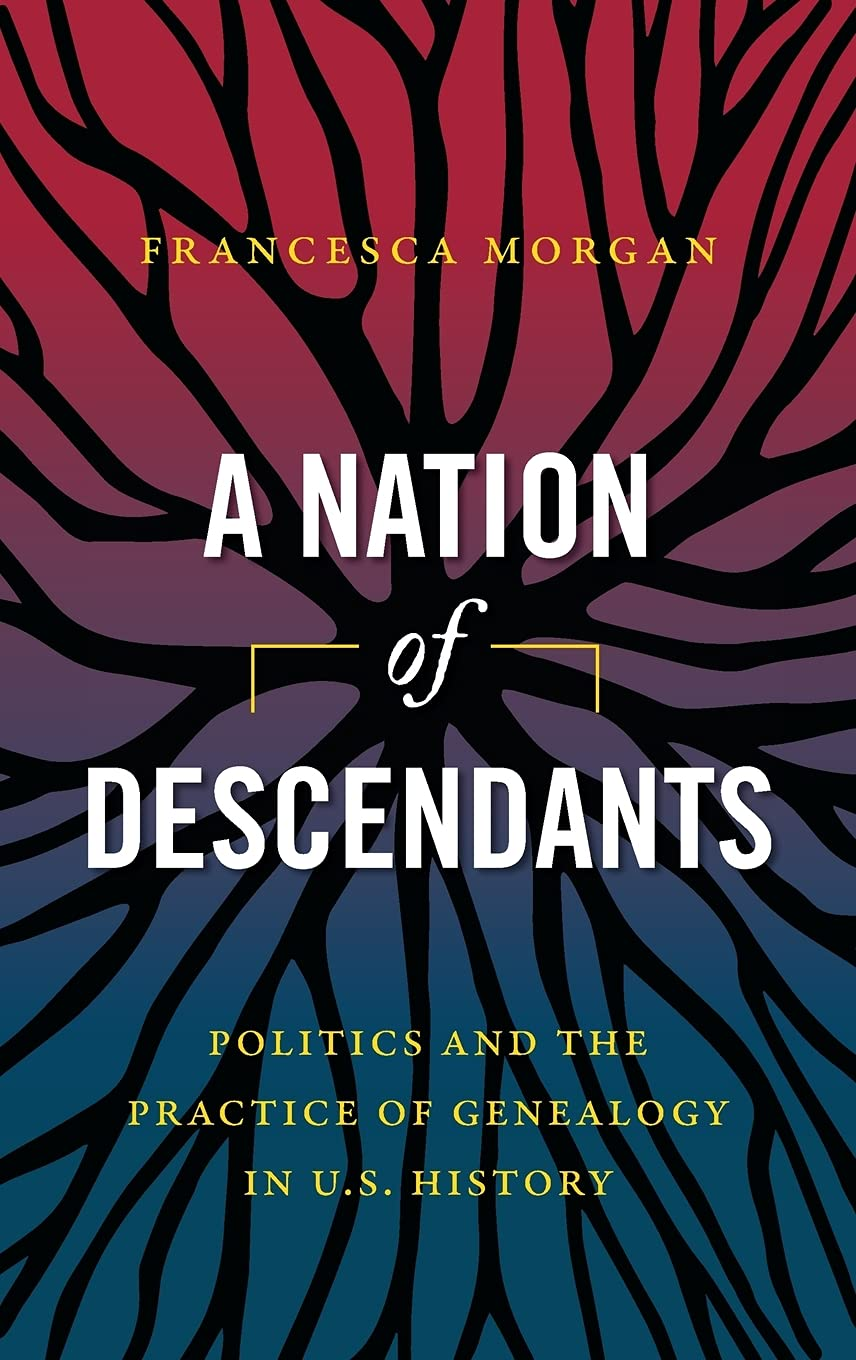Genealogy, it turns out, has played a rich subterranean part in building improbable expectations, according to Francesca Morgan’s recent book, A Nation of Descendants: Politics and the Practice of Genealogy in US History. Probing the origins of American genealogy, she finds that, from our earliest years, it has been inflating our most grandiose fantasies. While it has served for some peoples—notably African Americans—as a means of recovering their history, finding a sense of belonging, and expanding the country’s social acceptance of once-despised minorities, it has acted at the same time as a tool of exclusion, promoting white supremacy, the Lost Cause, and eugenics. She quotes one “despairing professional” lamenting that “P.T. Barnum missed his calling when he neglected to become a genealogist.”
Yet despite our long fascination with family history, outsiders have also picked up on an American ambivalence toward it. Alexis de Tocqueville, as Morgan notes, was initially charmed by our democratic equality, with families emerging “constantly out of nothing, while others constantly fall back into nothing.” The longer he observed us, however, the more he was struck by the fact that, even while repudiating rank and class, the average American was “secretly distressed” about his position in society. Every other yahoo, or so it appeared, yearned to establish a connection to “the first settlers of the colonies,” whose descendants seemed to the French aristocrat suspiciously thick on the ground.
In the United States, genealogy became a means of constructing a narrative around identity, elevating oneself from the rabble by finding links to whatever passed for royalty in the blank void of the New World: prominent early colonists, soldiers who fought in the Revolution, the Founding Fathers. Not that aristocracy was forgotten. John Bernard Burke, whose Burke’s Peerage, founded by his father in 1826, became the great European guide to inbreeding, profited off the pre–Civil War vogue for heraldry among Americans willing to pay to prove a connection to the finer English families (no other nationality had the requisite cachet), preferably those with crests, which, though legally meaningless in this country, could be displayed “on their walls, on bookplates and other similar items of property, or in jewelry or cufflinks on their person.” Even superficial relatedness was prized. Morgan quotes Emerson ravished by “the fair complexion, blue eyes and open and florid aspects” of the English face. Elsewhere, the Sage of Concord sighed with regret over the lower order of laborers: “German & Irish nations, like the Negro, have a deal of guano in their destiny.” Such notions of hereditary greatness, beloved by eugenicists, congealed into the pseudoscientific foundation of white Christian supremacy.
